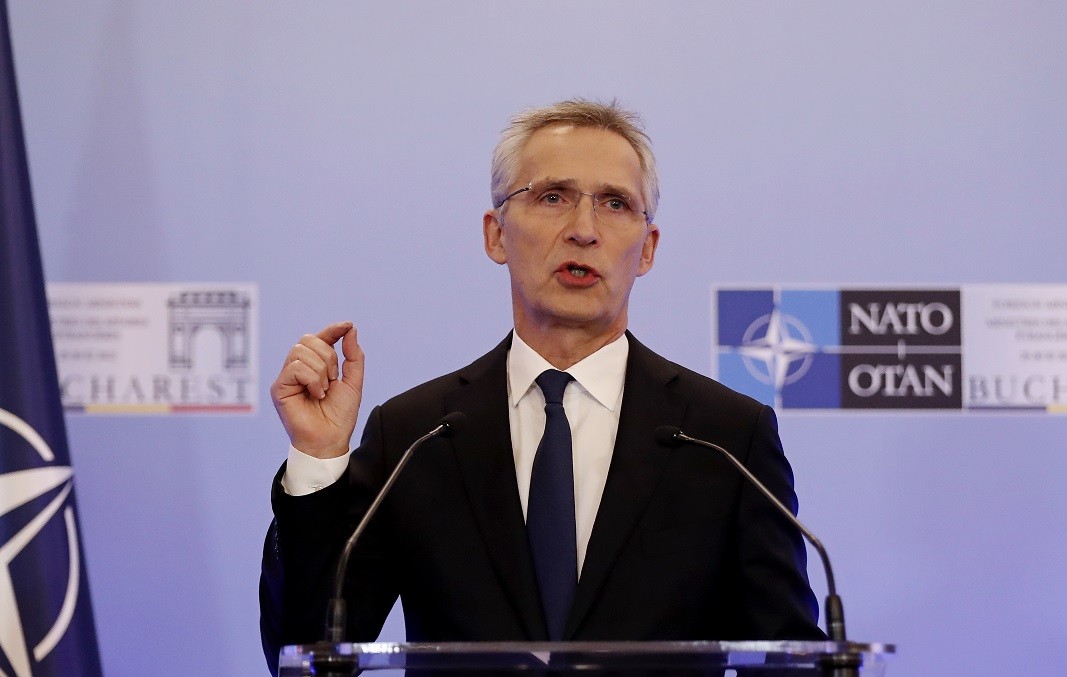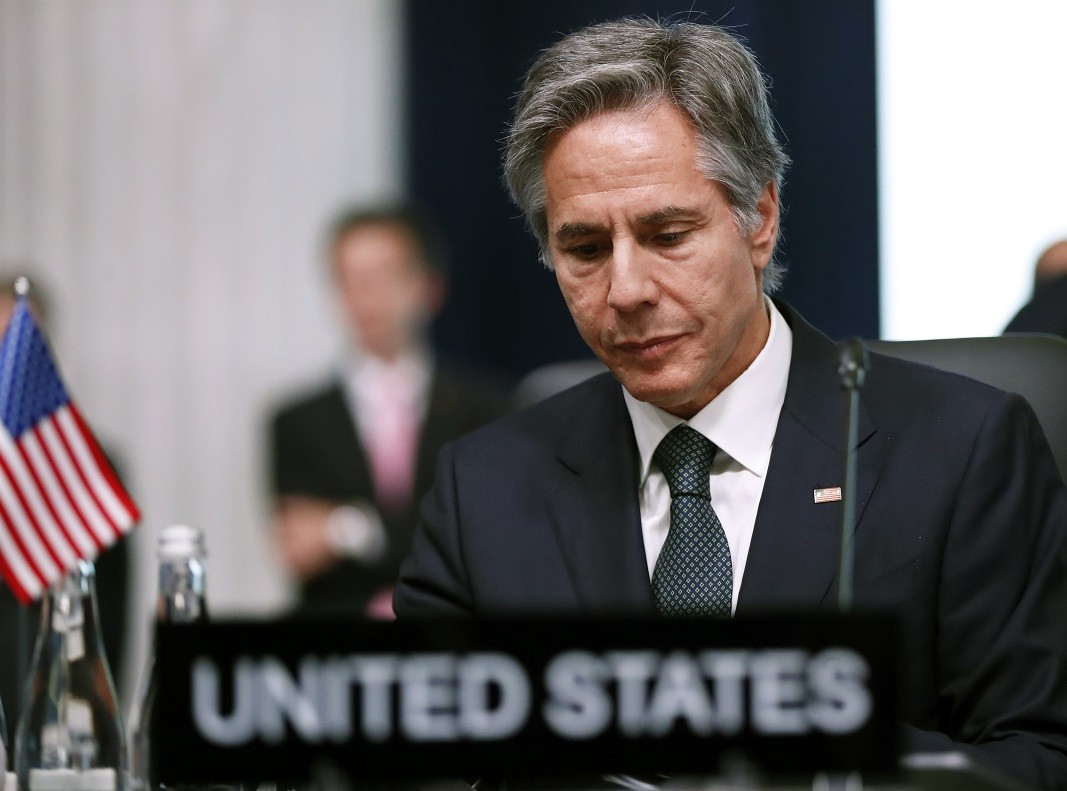“Russia bears full responsibility for this war, a blatant violation of international law and the principles of the UN Charter. Russia’s aggression, including its persistent and unconscionable attacks on Ukrainian civilian and energy infrastructure is depriving millions of Ukrainians of basic human services. It has affected global food supplies, and endangered the world’s most vulnerable countries and peoples. Russia’s unacceptable actions, including hybrid activities, energy blackmail, and reckless nuclear rhetoric, undermine the rules-based international order,” reads the statement by the NATO Foreign Ministers from their meeting in Bucharest.

“NATO is not a party to the war. But we will continue to support Ukraine, for as long as it takes. We will not back down,” said NATO Secretary General Jens Stoltenberg following the first session of NATO foreign ministers in Bucharest, and added that NATO pledges additional assistance, funding urgent non-lethal support, including fuel and generators.

US Secretary of State Antony Blinken, on his part, stated that Russia had turned parts of the Black Sea into a war zone. “We are going to be reinforcing NATO’s presence from the Black to the Baltic Seas,” he said.
Russian Deputy Foreign Minister Sergey Ryabkov stated, for Radio Kommersant, that “what is happening in Ukraine and around it” had affected Russia’s decision to refuse to participate in consultations with the US on the Strategic Offensive Arms Treaty (START).
Russia has lost Europe as its largest energy client “forever”, the head of the International Energy Agency Fatih Birol told an energy conference on Tuesday, Reuters reports. The International Energy Agency expects Russian crude production to be curtailed by some 2 million barrels of oil per day by the end of the first quarter next year, Fatih Birol told Reuters. The European Union will ban Russian crude imports from December 5 and Russian oil products from Feburary 5, depriving Russia of oil revenues and forcing one of the world’s top oil producers and exporters to seek alternative markets. The EU is also debating a price cap on Russian seaborne oil for the provision of shipping and insurance, Reuters reports.
President Rumen Radev has returned for a new discussion in parliament the adopted legal amendments, according to which the sale of assets of Russian company Lukoil in the country will take place after a decision of the Council of..
Nearly 24 hours after it was closed, Danube Bridge linking Ruse and Giurgiu is now open for trucks, regional governor Dragomir Draganov said. At 9 a.m. on November 5, trucks were allowed to pass through the facility. On November 4,..
The National Association of Tobacco Producers - 2010 opposes the proposal for banning public support for tobacco cultivation in the EU. A letter to the Ministry of Agriculture quotes the position of the largest European agricultural..
The Ministry of Finance and the Bulgarian National Bank are organizing a high-level conference today titled ''Bulgaria on the Doorstep of the Eurozone''...
The euro will help, but it does not on its own guarantee higher standards of living, said Kristalina Georgieva, Managing Director of the International..
Prokopan is the only railway tunnel on the Plovdiv-Burgas line. This became clear during a visit by Deputy Minister of Transport Lyuben Nanov, who was..

+359 2 9336 661
